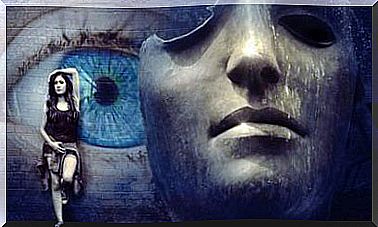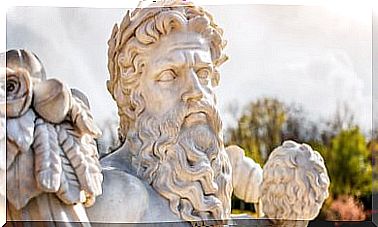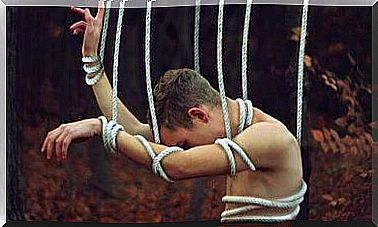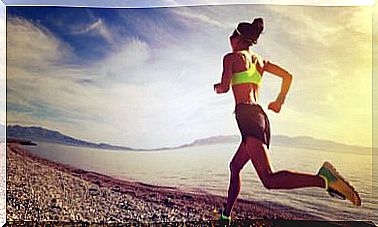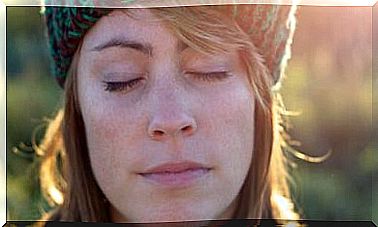The Three Phases Of High Performance, According To Manuel Coloma
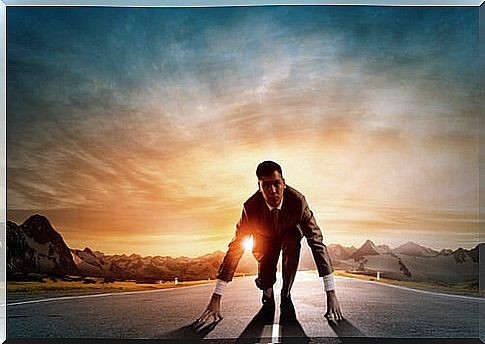
High performance is not a concept limited to elite athletes or great business men / women. We can all aspire to be high achievers, because we can all become much more than we are now, much more than we ever imagine.
Because, as you can discover in the following lines, high performance is not so much a matter of knowledge or technique, but rather a matter of drive; an impulse that comes out of each and every one of us. For Manuel Coloma, high performance depends directly on the ability to guide and align all our capabilities towards the goal we seek. And this is valid, both for sport and for professional and personal life. In this article we will discuss your approach to high performance and how to apply it.
To perform at your best you must know your limits
Manuel Coloma proposes that to achieve high performance it is necessary to know one’s own limits, and then ignore them and thus break them. High performance has to do with breaking the limits of what we today think is the most we can know or do.
We are in permanent evolution, says Coloma. We are in permanent search for excellence, which means keeping our expectations high so that our performance is ever greater.
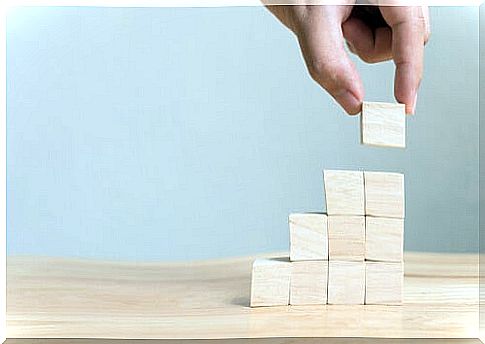
High performance phases
For Manuel Coloma, high performance is based on three properties or phases (stages): energy, audacity and patience.
Energy: knowledge + technique + motivation
Energy is what enables people to tackle the work they have to do. In sports, talking about energy is talking about physical capacity. In daily work, energy is knowledge, the technique with which we are capable of developing our work and motivation.
Motivation is especially important to achieve that energy, because it is the drive to do what we have to do. Because without impulse, without motivation to do, it is of little use to have a lot of knowledge or to master the techniques.
Audacity: ability to differentiate
Boldness has to do with creativity, innovation and proactivity. Coloma explains that audacity is to be able to get off the script, to look for novel solutions, seeing something where others have not seen it, doing what others have not done.
In other words, for Coloma audacity has to do with the ability to differentiate himself from others. Something that does not have to do with energy, but with how we are capable of adapting, being flexible, with the capacities that at a given moment we are capable of deploying.
Patience: metabolize lived experience
For Manuel Coloma, patience is the lived and metabolized experience, wisdom. Explain that it is only when we get to this last phase that we know if we need to focus more on energy or boldness.
Global Proprioceptive Behavior: Mastering the Floor
When a person has been able to go through these three stages, energy, audacity and patience, he manifests what Manuel Coloma calls global proprioceptive behavior. Proprioception has to do with the way we perceive ourselves in the environment, with the ability to dominate the space in which we work.
Coloma calls this “dominating the floor,” just as a basketball player dominates the court or a stockbroker dominates his stage. Thus, mastering the floor is being able to foresee the scope and consequence of your actions.
For this it is essential to be positive and optimistic, which implies the following:
- Think about what we want to achieve,
- Stay in shape, both physically and mentally.
- Invest resources, especially time.
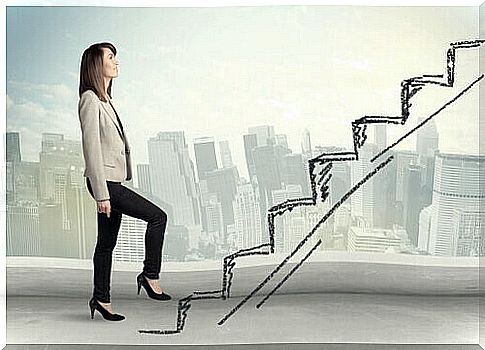
To seek high performance
Coloma clearly says that anyone who wants to achieve high performance must first become an autonomous person who is capable of carrying out his work on his own, without having to have anyone in front of him to see him and tell him what to do.
A person is autonomous when he draws the impulse from himself, from internal motivation. These people are the ones who will come ever closer to achieving high performance. That is why Coloma says that those who want to achieve high performance should be more concerned with motivation and internal drive than with technique and knowledge, since the latter can be acquired.
In this video, Manuel Coloma explains these three stages of high performance and how to apply them to daily life. Manuel Coloma has a degree in Psychology and an expert in high performance. He was a professional basketball coach for three decades and a basketball coach for six years. During her time at the head of the women’s national team, she obtained the first gold medal for Spanish basketball in 1993.
